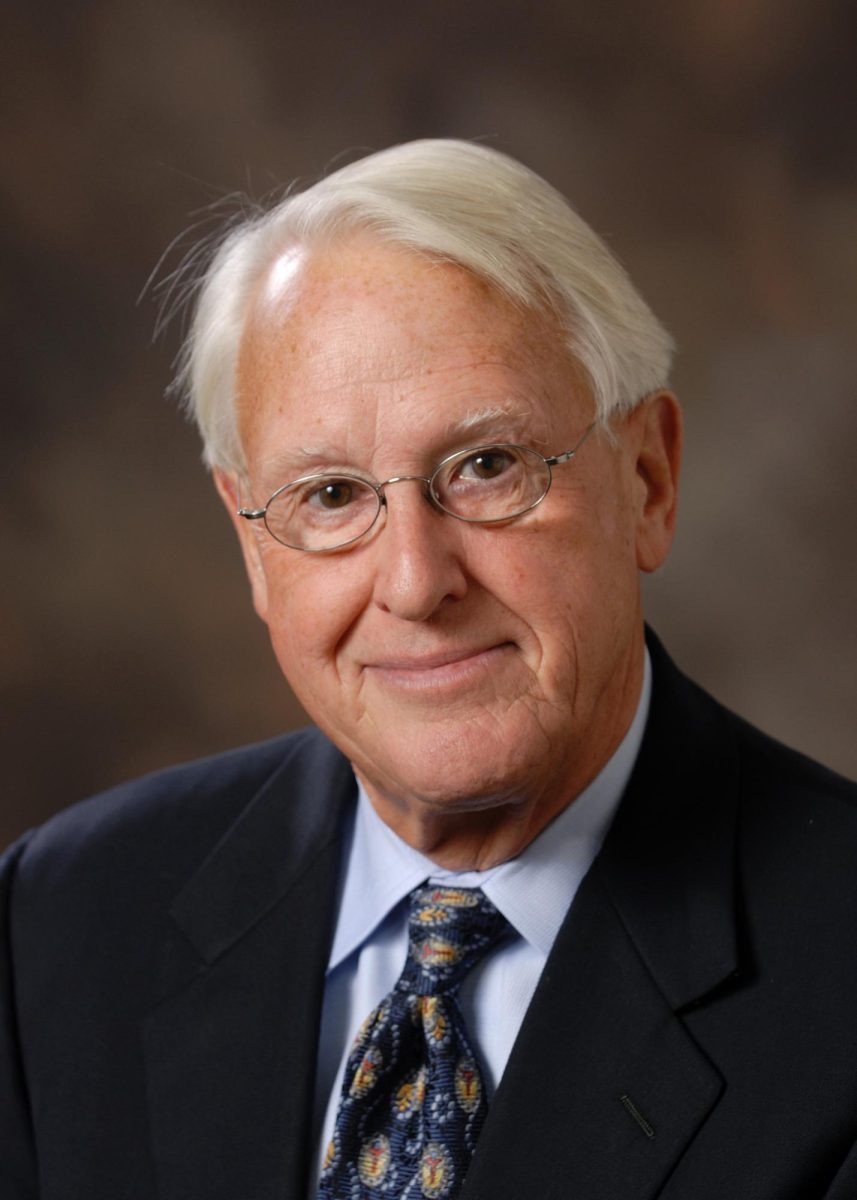With the release of the Apple iPad on Saturday, the University faces yet another big push towards electronic textbooks on campus.
The iPad sold out quickly at the Illini Apple Center, 512 E. Green St., Champaign, and the hype isn’t letting up.
“We’ve been selling pretty rapidly and have lots of orders coming in,” said Tim Braun, Interim Operations Director for the Illini Apple Center.
Braun said Apple is partnered with a number of publishers, including academic ones, and is working on making more e-textbooks available through the iBookstore.
“I think they have big plans for textbooks on the iPad,” he said.
Get The Daily Illini in your inbox!
E-textbooks could potentially save students a lot of money if they are widely adopted by the University.
“It’s certainly more cost-effective in the front end for students,” said Bradley Bridges, a manager at the Illini Union Bookstore.
University staff is working on adapting to new electronic reading devices, such as the iPad. Jim Hahn, a librarian at the Undergraduate Library, said the iPad is a turning point for e-textbooks.
“I think the iPad probably gives us the best chance in a long time at getting some real momentum for e-textbooks,” Hahn said.
However, the turnover from print to e-textbooks will not be immediate.
“Even with huge growth in access to e-textbooks, the students will likely see a transitional period where access to both print and electronic texts will be important,” Hahn said.
He added that he expects to see a strong turnover to electronic textbooks “when publishers find a model that makes them more money” and “the devices are more affordable for students.”
Bridges said he and his staff at the Illini Union Bookstore are working with the University to figure out how to further implement e-textbooks and readers, a common term for electronic reading devices.
“I’ll just say it’s undetermined right now,” Bridges said. “We have to follow the lead of what the faculty decides to do.”
Bridges said the University faces a few obstacles, including conflicts with the American Disabilities Act (ADA). Before expanding use of e-textbooks, he said the University must ensure people with and without disabilities can use them.
“They have to get all the readers approved on a campus level because many of them don’t follow or comply with some of the ADA rules,” Bridges said.
There are also issues with the reliability of these highly technological devices.
“The biggest issue we have with e-textbooks is trying to service our customers,” Bridges said. “They’ll come in and buy an e-book and then they’ll get home and there’s some kind of problem.”
This also means every employee at the bookstore will have to become “more of a technocrat” than they are now.
Despite current barriers, Bridges said he supports the growing popularity of e-textbooks and electronic reading devices and said they will simply have to “adapt.”
“I think e-textbooks are a great option, and the more options students have, the better off they are,” Bridges said.






